Heinrich Haussler: One final shot to save my career
Australian on coping with a year of injury
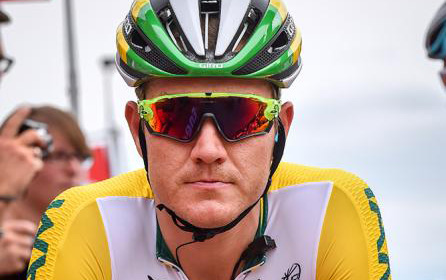
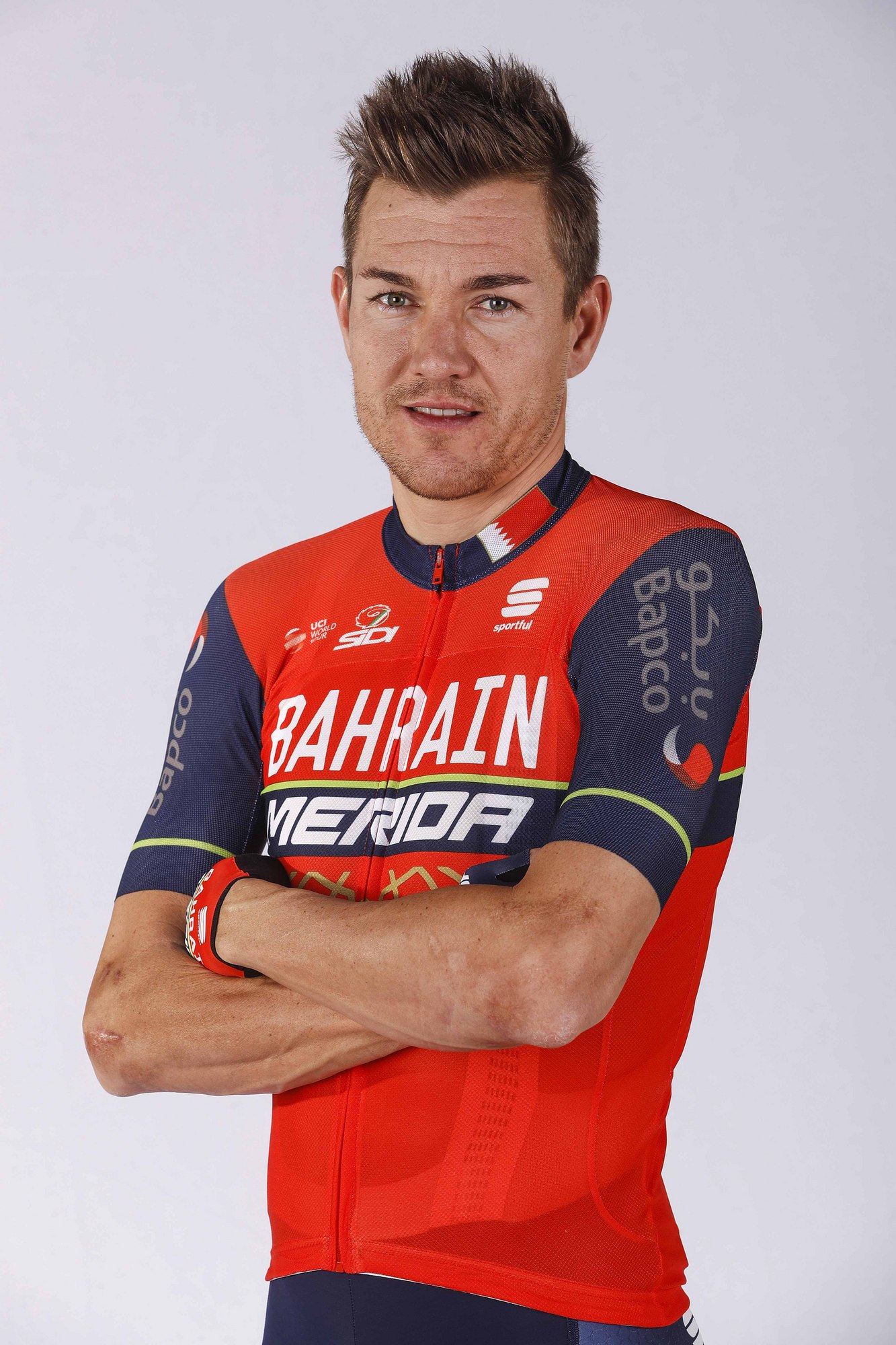
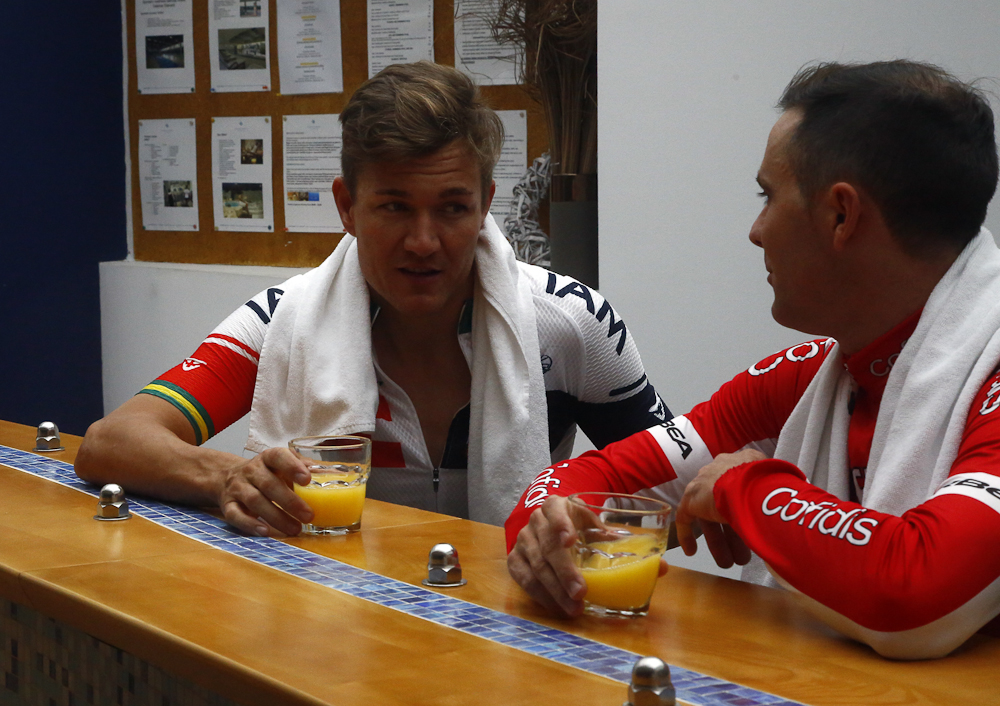
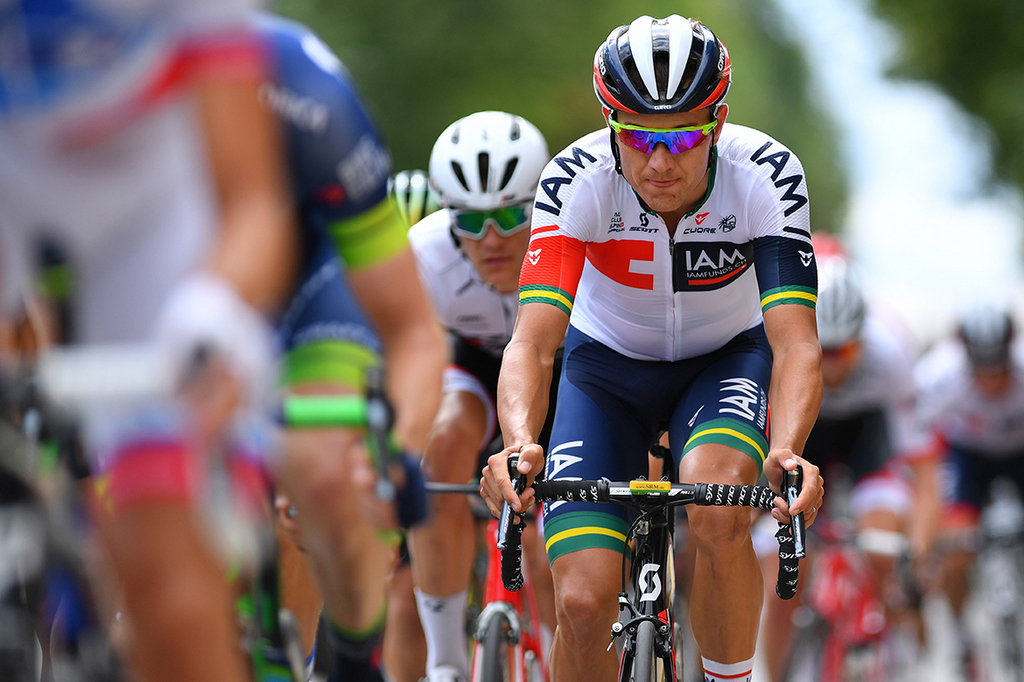
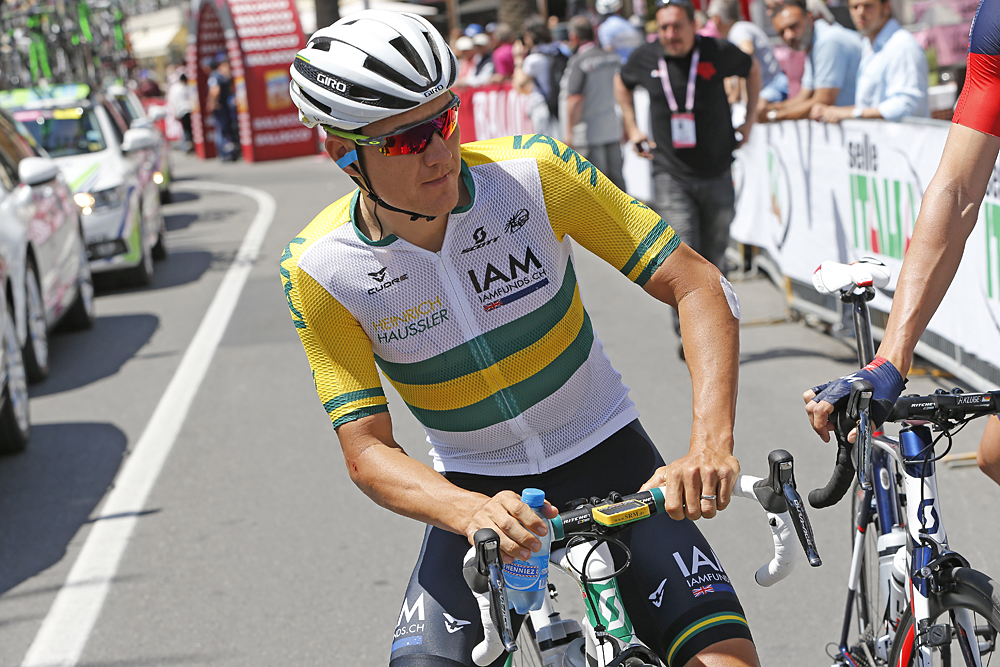
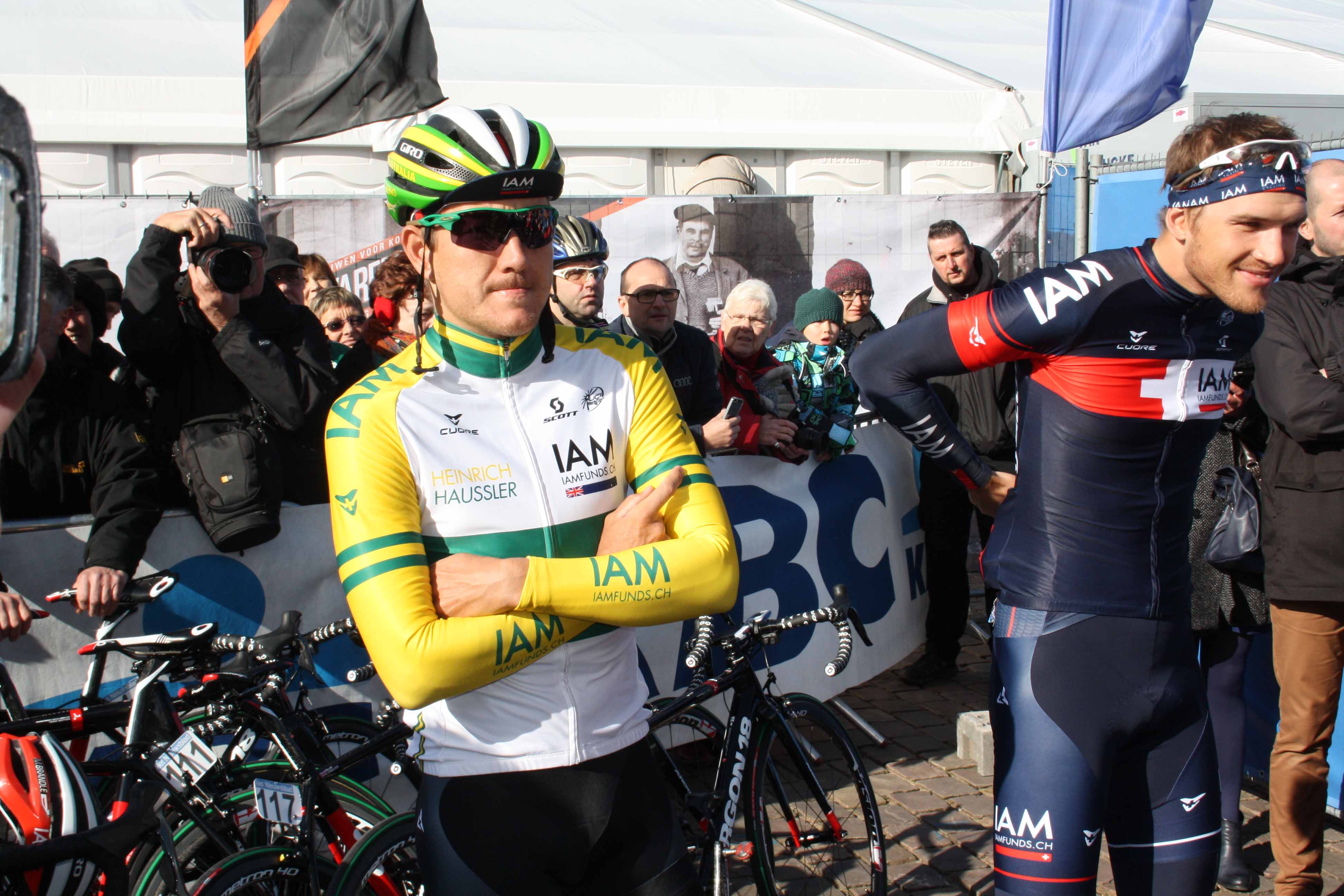
Heinrich Haussler's future as a professional rider could hinge on his performance at the Cyclassics Hamburg on August 20.
That may sound dramatic but the Australian is well aware that after a double knee surgery and an injury-ravaged campaign, his time in the professional ranks is at a crossroads. If he comes through Hamburg relatively unscathed and pain-free, he will be able to continue on the path of recovery, but another setback could mean it is all over.
In an exclusive interview with Cyclingnews, Haussler talked about his long road to recovery, his depression, and how this is make or break.
Haussler, 33, has amassed just six days of racing this calendar year – 1032.8 kilometres to be precise – with only an appearance at the Four Days of Dunkirk to his name. It's scant reward for a rider who was brought to Bahrain-Merida in order to lead the line in their inaugural Classics campaign. In fact, since October, when the knee injury was first diagnosed, Haussler has had two operations, a volley of setbacks and misdiagnoses, bouts of depression, and a number of false dawns.
As the 2017 season heads towards autumn, and most riders' thoughts drift to plans for the winter and holidays, Haussler is locked in a battle with his own body as he tries to prove he can return to racing. Assuming he is selected, the first battle starts at Hamburg in just over a week's time.
"I honestly can't say which way it might go but I'm going to give it a shot. I know it's my last shot though," Haussler tells Cyclingnews from his training base in St. Moritz, Switzerland.
"I want to get back to racing and if it works, it works, but if it doesn't then I'm ready to pull the pin and stop completely."
Get The Leadout Newsletter
The latest race content, interviews, features, reviews and expert buying guides, direct to your inbox!
Having only signed a one-year deal with Bahrain-Merida at the start of 2017, the former Milan-San Remo runner-up is well aware that time is against him, and while his team have been supportive, there is only a finite amount of leeway that can be granted to a rider of his age.
"I've only got a one-year contract so this is a risk that I need to take so that I can try to get back ASAP but I also need to make sure that I keep things under control and make sure that the knee is not inflamed," Haussler says.
Haussler's last operation took place just seven weeks ago. Since then he has redoubled his efforts in the swimming pool and headed back into the Swiss mountains, where he has trained since his late teens. Long, steady rides have been prescribed with the rider deliberately ensuring that he keeps his heart rate low and his watts below 300. The knee requires time to heal and strengthen but patience is just as vital.
"In the last operation, they had to cut half of the problem area away just so that there was more space in the knee capsule. But when you're trying to train every day it's a risk. There are good days and bad days but the last 10 months or so has been a complete headfuck."
Dealing with depression
Since the injury behind his left patellar tendon first arose, Haussler has been walking a tightrope, balancing the need to recover with the demand and desire to return to full competition. While the physical challenges have been tough enough, it's the mental side that has been the heaviest load to bear.
Opening up over bouts of depression is not an easy admission for anyone, let alone a sportsperson, but Haussler sought help when he was at his lowest point. Seeing a specialist has been a life saver.
"I've been through moments of super bad depression," Haussler says. "Not in terms of turning to alcohol or doing anything like that but if this had happened 10 years ago then I probably would have got smashed just to try and forget the problems. It's been so bad but I've been seeing a psychiatrist and they really helped me a lot.
"There had been times when I'd stay at home and my friends would send me messages to see if they can catch up and I'd just make excuses. I'd say anything really. It felt so hopeless for a few months. I didn't even want to speak to anyone and I was just alone at home and being miserable by myself.
"At first I didn't believe in any of that stuff, like positive thinking, and all that, but if you're in a hole like that and you're always negative then that bad energy isn't going to help you improve. An example is, if you win a million dollars in the lottery and someone slaps you in the face you're not going to even feel it but if something really bad happens, and you're down and you get that slap in the face, then it's going to hurt a lot more. At the end of the day you can't think away an injury but the right mindset helps."
The support of Haussler's family and team has also played a crucial part in his bid to return to the top level. A father of two twin boys aged two and a half, he has been able to spend time at home, and bond with his sons in a way that most of the pro riders in the travelling circus cannot afford to do. That alone has given him perspective about a life after cycling, should things not go to plan in the coming weeks. The Bahrain-Merida management have also shown their patient side, allowing Haussler to recover, while also inviting him to several races in order to carry out medical tests and seek additional help.
"The team are 200 per cent behind me and that's why I want to race Hamburg," Haussler adds. "They've been totally supportive and they reassured me that if I can get back to a good level, and the knee problems are finished then I can race next year.
"The team will still give me time. It's not like I have to get a result in Hamburg and my last operation was only seven weeks ago. I could say that I just need time but the problem is that I don't have time. The best scenario would be to take three or four months off but that's just not the world that we live in but if I didn't have my kids and my girlfriend around me then it would have been so much worse. I would have been in a such a big hole, I wouldn't have come out again."
Riding pain-free
At the moment Haussler is riding pain-free. It's a crucial step in his recovery. Assuming he is picked for Hamburg then he can take that hurdle as it comes. There will no stage races on his programme for the rest of the season, as he uses a set of one-day events to hone his race condition. The hope is that the one-day format will allow his knee even more time to recover between competitions.
"I'm 33 years old and I fully know that no one is going to give me a contract if I'm injured and haven't raced all year. That's just the way it is. They can just take a neo-pro, pay him a minimum wage and then send him to over a 100 race days. That's just the way cycling is. But if the pain goes away, to where I can ride normally, I swear that I'm going to blow my doors off and give it everything. I'll go full gas in every race I do. I know that some people will read this and think that I'm an idiot, but they've no idea."
Despite the advancing years and the setbacks, Haussler is clearly motivated to resurrect his career. He has undergone the operations, spent months in rehabilitation and battled with mental anguish. There's little left for him to do other than trust in the process and hope.
"You turn pro and you think that it's all going to last forever but time flies by so fast," he says towards the end of the conversation.
"I turned pro in 2005 and that doesn't seem that long ago but sitting here at 33, I've still got so much that I want to try and do and pass on for other riders. And once it's finished, your career I mean, it's finished forever. I know I'm not going to wake up tomorrow and be 20 years old again and able to start from scratch. You only make it as important and as hard as you want it to be but for me cycling is up there with my family. It's something that I love. It's who I am. Cycling is my life."
Daniel Benson was the Editor in Chief at Cyclingnews.com between 2008 and 2022. Based in the UK, he joined the Cyclingnews team in 2008 as the site's first UK-based Managing Editor. In that time, he reported on over a dozen editions of the Tour de France, several World Championships, the Tour Down Under, Spring Classics, and the London 2012 Olympic Games. With the help of the excellent editorial team, he ran the coverage on Cyclingnews and has interviewed leading figures in the sport including UCI Presidents and Tour de France winners.
